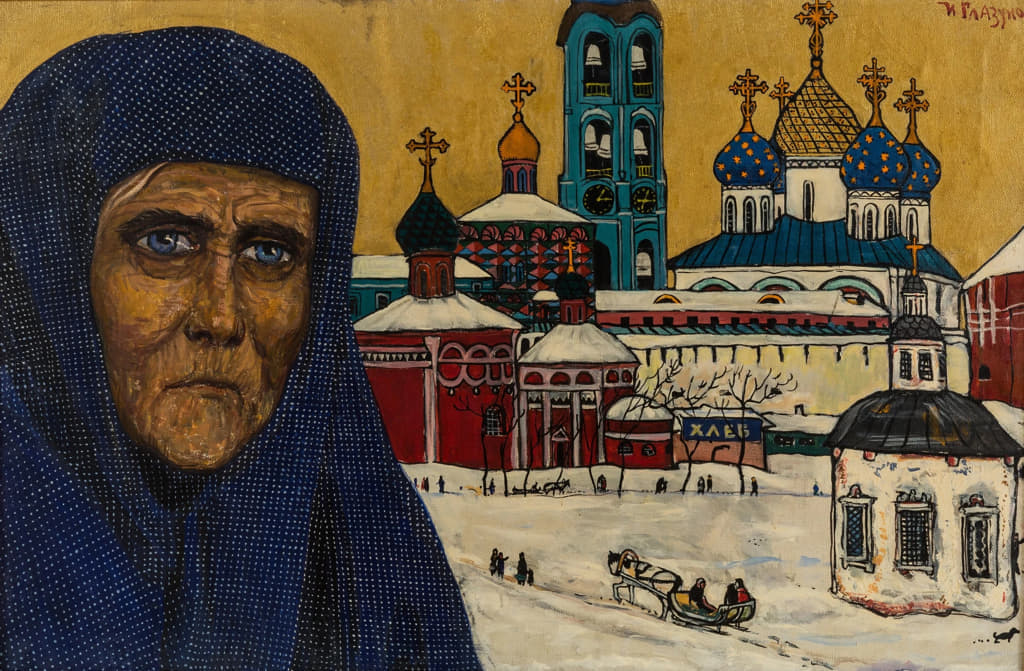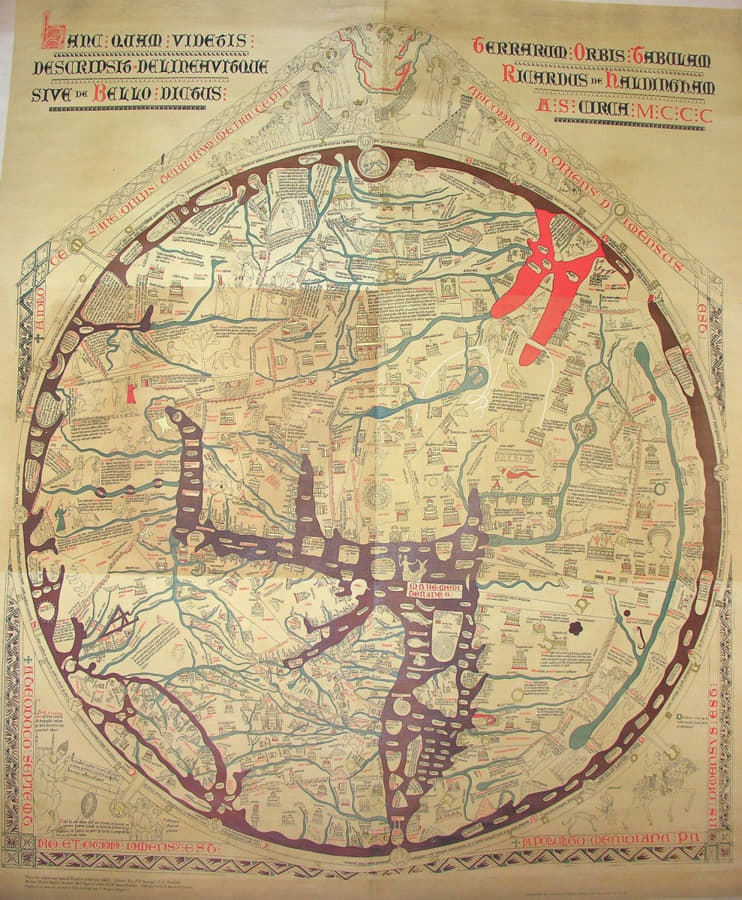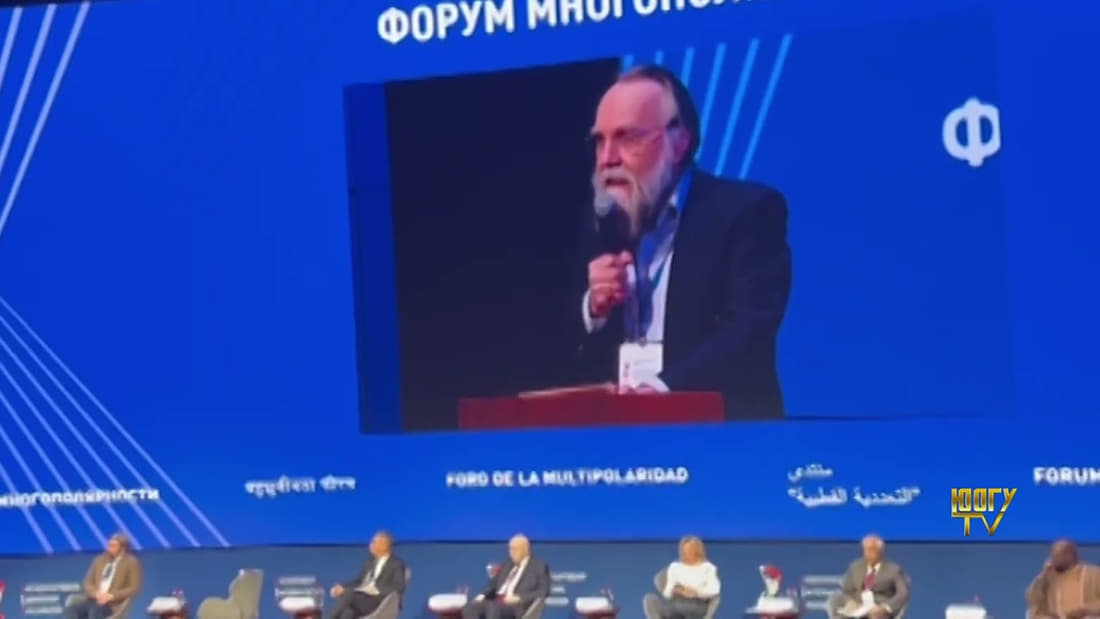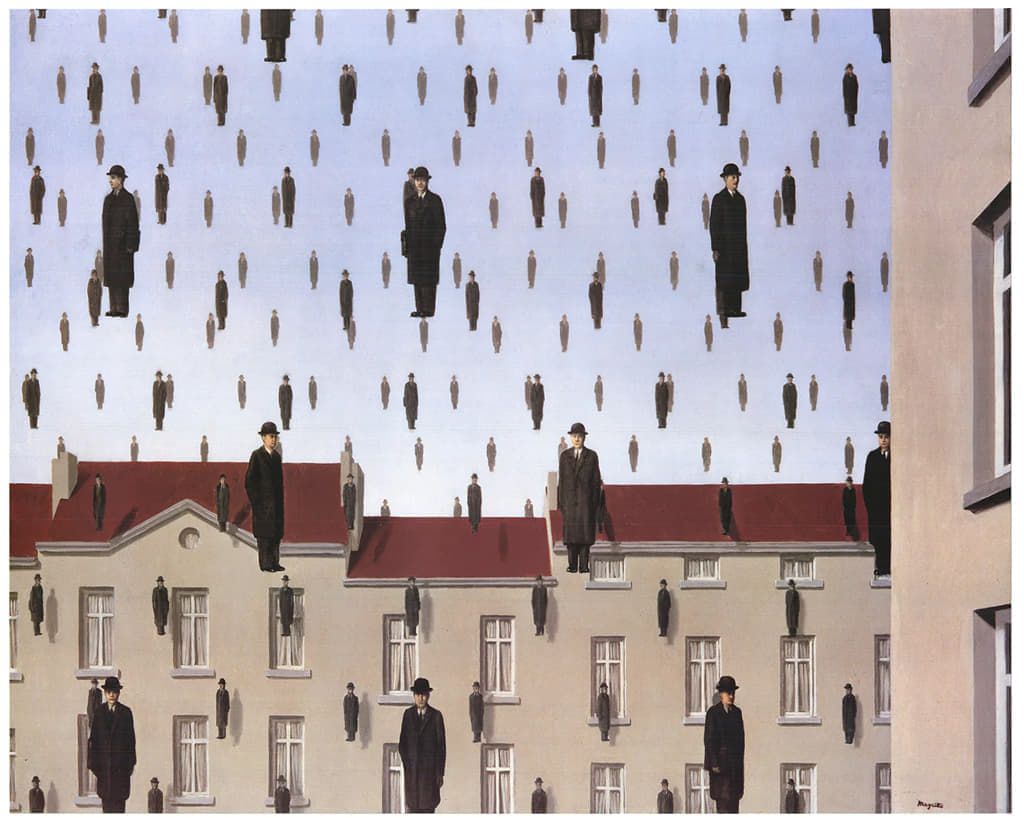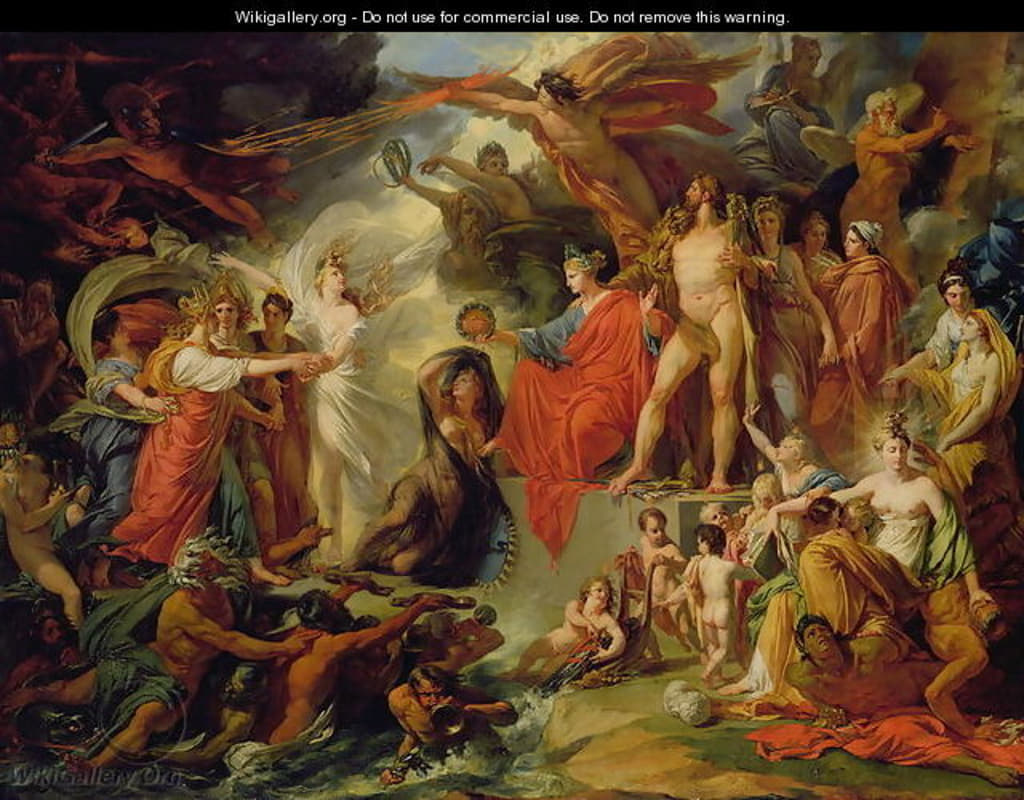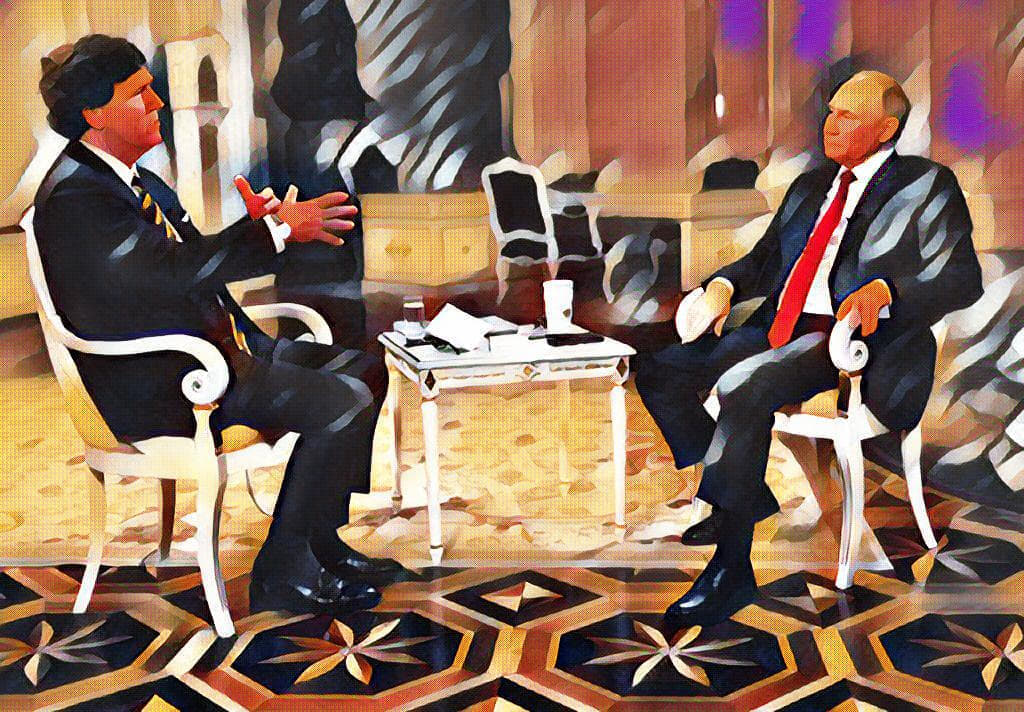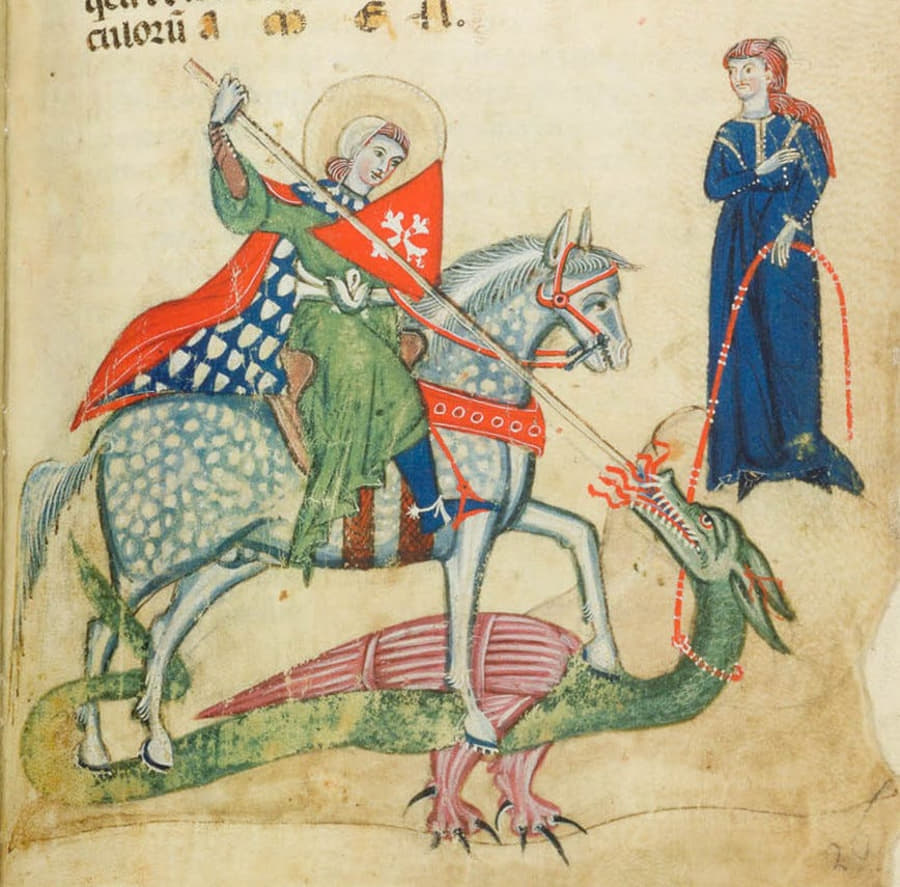Personality and individual: Differentiation of Concepts
The concept of the “total laborer” as a source of economic history can be supplemented by the formula “economic personality.” Economic personality is a total (integral) worker. In this case, the focus is on the personality in its anthropological interpretation (primarily in the French school of Durkheim-Moss and the followers of F. Boas in the USA). Here, the personality (la personne) is opposed to the individual (l’individu), since the personality is something social, public, complex and artificially created in contrast to the individual, which is an atomic datum of a separate human being without any additional characteristics. The individual is the product of the subtraction of the personality from the person, the result of the liberation of the human unit from any ties and collective structures. Personality consists of the intersection of various forms of collective identity, which can be conceptualized as roles (in sociology) or as filiation (in anthropology). Personality exists and makes sense only in relationship to society. Personality is a set of functions, as well as the result of a person’s conscious and meaningful creation of his or her identity. Personality is never a given; it is a process and a task. Personality is constantly being constructed, and in the course of this construction the surrounding world is established, ordered or, on the contrary, destroyed and chaotized.
Personality is the intersection of numerous identities, each of which belongs to a species; that is, it includes an indefinitely large number of identities as aspects of them. A particular identity is a combination of these filiations (species), each time representing something original—since the number of possibilities within each species, and even more so the combinations of these possibilities, is unlimited. Thus, people use the same language, but they utter with its help many different discourses, which are not so original (as it seems sometimes to the person himself), but also not so predictably recurrent as in the case of a machine or even the signaling system of animal species. Also, identities consist of the overlapping of age, gender, social, ethnic, religious, professional, class, etc. identities, each of which has its own structure. Thus, identity is the intersection of structures whose semantics is determined by the structural context.
The individual is the product of external observation of the human individual, where the personal aspect is either unclear or removed altogether. The individual is thought of in isolation from structures and affiliations and is fixed only on the basis of his actual bodily presence, reactive nervous system, and capacity for autonomous movement. In a certain sense, the individual as a concept is best understood in behaviorist theory: in this theory, the person is black-boxed, and that which interacts with the environment is the individual in its prima facie empirical state. However, while empirically the individual is quite realistic, as a metaphysical concept it is purely nihilistic. Behaviorism claims that it knows nothing about the content of the “black box” and, moreover, that it is not interested in this content. In principle, this is a logical conclusion from the American philosophy of pragmatism. But just because the content is “not interesting” does not mean that it does not exist. This is very important: pure pragmatism, while refusing to be interested in the structure of the individual, still does so modestly and does not draw any conclusion from it about the ontology of what is in the “black box.” American pragmatism is therefore individualism only in part—in its empirical aspect. Radical individualism has different—purely English—roots and is associated with the idea of the elimination of all filial lines. In other words, individualism is built on the conscious and consistent annihilation of the individual, on its negation and on giving this negation a metaphysical and moral status: the annihilation of the individual is a movement toward “truth” and “goodness,” which means “toward the truth of the individual” and “goodness for the individual.
Here we see the line between indifference and hatred: American pragmatism is simply indifferent to the individual, while English liberalism and its universalist and globalist derivatives hate and seek to destroy it. The goal is to transform the individual from an empty concept obtained by subtraction into something real, in which the physical separateness of the singular being would interlock with the element of the metaphysical abyss (obtained by eliminating the individual and all the structures that ground it).
Economy of the Personality
After this explanation, it is easy to apply both concepts—personality and individual—to the economy. The integral (total) worker is precisely an economic personality, not an economic individual. Here integrality, which we characterize as the connection of production and consumption and ownership of the means of production, is supplemented by the most important characteristic: inclusion in social structures that have an organic nature. The integral worker lives (including production and consumption) in a historical and cultural environment, which offers him a branching set of collective identities. This set predetermines his language, clan, faction, place in the kinship system (C. Lévi-Strauss), gender, religion, profession, belonging to a secret society, connection with space, etc. In each of the structures, a person occupies a certain place, endowing him/her with appropriate semantics. And this is what determines his economic activity. The laborer (first of all, the peasant) works not just for survival or enrichment, but for many other—and much more important—motives arising from the structures that form his personality. The laborer labors because of language (which is also a kind of economy—an exchange of speech, greetings, blessings or curses), kin, gender, religion and other statuses. At the same time, labor also involves the whole person—in all the diversity of its constituent elements. In this sense, the integral worker in the process of farming constantly and continuously affirms personal structures, which makes farming a kind of ontological liturgy, creation, protection and renewal of the world.
Economic personality is a quite concrete expression of species properties, where these properties, having multiple levels, are combined in a complex and dynamic combination. If structures are common (although this commonality is not universal, but is determined by the boundaries of culture), their expression and affirmation in personality is always isolated: not only are the structures themselves different in some cases (for example, in the field of gender, profession, castes, where they are, etc.), but their moments are manifested with different degrees of intensity, purity and brightness. Hence, differentials arise, which make life unpredictably diverse: individuals reflecting combinations of common (adjusted for cultural boundaries) structures are always diverse, as they carry differently emphasized and combined elements of these structures. This is what allows us to consider society both as something uniform, permanent, and subject to a common paradigmatic logic, and as something unique and historical, since individual freedom is extremely great and can generate a myriad of situations.
Nevertheless, the society of the integral laborer as a whole is defined by the unity of the paradigm, where the main law is the domination of the individual as the basic gestalt.
This is the kind of society any traditional society is, where the sphere of economy is singled out as a separate rather independent sphere, distinct from the other sphere, which includes warriors, rulers and priests. It is important that warriors and priests do not participate directly in the economy and act as the Other, called to consume the surplus of the economic activity of the integral laborer. It is important that it is the surplus. If warriors and priests demanded something more than surplus (“the cursed part”, J. Bataille), the laborers would die of hunger and shortage, and this would entail the death of warriors and priests themselves. At the same time, in societies where there is no social stratification, the addressee of the destruction of the “cursed part” (excesses) are the spirits, the dead and the gods in whose honor the potlatch is carried out. The Russian word “lihva” is very expressive: it means something superfluous, as well as bank interest, and comes from the base “liho,” “evil.”
From this observation an important principle in the theory of integral toilers emerges: the labor community of integral toilers must be sovereign in the economic sense; that is, it must have complete autarky in every sense. In this case, it will be independent of the superstructure (warriors and priests), who can consume the “cursed part,” or they can be absent, in which case the “cursed part” will be destroyed by the integral laborers themselves in the course of a sacred ritual. Thus, the very prerequisite for the interiorization of the curse will be eliminated. And this interiorization of the curse is the split (Spaltung), which means capitalism.
Capitalism brings with it the splitting of the economic personality, its detachment from structures, that is, its depersonalization. This simultaneously leads to the de-secularization of the labor community, to its dependence on external factors, to the division of labor and to the economic curse: the integral worker (peasant) becomes a bourgeois, that is, an immanent consumer of the cursed part. From here comes the disintegration of the personal character of the economy and a change in the whole nature of the economy: from the economy as a sacred way of life in the context of personal structures to the economy as a way of accumulating material resources. According to Aristotle, this is the transition from economy (οἰκονόμος) to chrematistics (χρηματιστική). The personality is the central figure of the economy as a household. The individual is the artificial unit of chrematistics as a continuous process of enrichment.
Chrematic Individual
The model of capitalism is based on the view of society as a set of economic individuals. In other words, capitalism is not an economic doctrine of the household of personalities, but an anti-economic doctrine that absolutizes the chrematistic individual as a schematization of the egoistic activity of individuals. The chrematistic individual is the result of the split (Spaltung) of the economic personality.
Capitalism assumes that at the heart of economic activity is the individual who seeks enrichment. Not to the balance of the cosmic structure and the sacred element of the liturgy of labor (as an integral toiler), but precisely to enrichment as a monotonous process and an increase in asymmetry. This means that capitalism is the conscious desire to interiorize and cultivate the “cursed part.” This is exactly what the chrematist individual is—he seeks to maximize wealth, and this desire is reflected in the capitalism of desire. Desire here is depersonalized (hence M. Foucault’s “desire machine”), for it is not the desire of the personality, reflecting the structures of filiation, but the nihilistic will of the individual, directed against the structures as such. This chrematistic desire is the force of pure nihilism, directed not only against the personality, but also against the economy as such, and moreover, against man as a structure.
Capitalism destroys the cosmos as a sacred field of existentialization of a community of personalities, asserting instead a space of transactions between chrematistic individuals. These individuals do not exist because each particular person is still—even under capitalism—phenomenologically a person, that is, the intersection of collective filiation. But capitalism seeks to reduce this personal aspect as much as possible, which is only possible by replacing humanity with posthuman individuals. It is in the transition to posthumanism that the chrematistic desire reaches its culmination: the “damned part” realizes the implosion of the human that began with capitalism.
A perfect transaction is only possible between two cyborgs—neural networks that completely lack existentials and connection to personal structures.
But the cyborg is not introduced into the economy today. From the very beginning, capitalism has dealt with the cyborg, because the chrematic individual is the cyborg, an artificial concept obtained through the splitting of the total (integral) laborer. Both the proletarian and the bourgeois are artificial figures obtained by decomposing the peasant (the traditional third function) and then artificially folding the parts into two non-equilibrium sets, the urban exploited and the urban exploiters. Cyborg bourgeois and cyborg proletarians are equally individual and mechanistic at the same time; but the former are dominated by the liberated “accursed part,” while the latter are dominated by the dark mechanical fate of production rooted in the poverty and insignificance of matter. We become bourgeois and proletarian when we cease to be human beings, when we give up our personality.
Economic Eschatology and the 4PT
In the context of the overall structure of the Fourth Political Theory, we can speak of the eschatological structure of economic history.
In the beginning stands the economic personality, the integral (total) worker, which in the specifics of Indo-European societies (primarily in Europe) is represented by the gestalt of the peasant. The full-fledged personality is the peasant, who represents the aspect of man (in the broad sense of the Anthropos) turned to the element of the Earth. In the course of growing bread, the peasant goes through the mystery of death and resurrection, seeing in the fate of grain the fate of man. Peasant labor is an Eleusinian mystery, and it is important that Demeter’s gift to people, thanks to which they moved from hunting and gathering to agriculture (i.e., the gift of the Neolithic revolution), was bread and wine, an ear of wheat and a bunch of grapes. The peasant is a person of mystery, and the economy in its original sense was based on the mysteries of Demeter and Dionysus. These cults did not simply accompany peasant activity; they were this activity itself, represented paradigmatically. The Athenians considered a full-fledged person to be an initiate in the mysteries, and specifically in the Eleusinian mysteries—the mysteries of bread and wine, that is, in the peasant mysteries of death and new birth. This figure is the figure of the integral laborer.
The next point in economic history is the advent of capitalism. It is associated with the splitting of the economic personality, the disintegration of the unified image of the sacred toiler, and consequently with industrialization, urbanization, and the emergence of classes—the bourgeoisie and the proletariat. Capitalism postulates the chrematic individual as a normative figure, describing him as a symbiosis of animal and machine. The metaphor of the animal “explains” the will to survive and “desire” (as well as the predatory motivation of (anti)social behavior—Hobbes’ lupus), while rationality (Kant’s “pure reason”) is seen as the prototype of artificial intelligence.
This was implicit in early capitalism (the beginning of the New Age) and explicit in late capitalism (Postmodern). Thus, the integral laborer repeated the fate of grain once again, not in the structure of the annual rural cycle, but in “linear” history. However, the linear time of capitalism is a vector directed toward the pure element of death, which nothing follows and is fraught with nothing. The death of the New Age is death without resurrection, death without meaning or hope. And this vector of irreversible death, of annihilation, reaches its maximum at the moment of the appearance of the pure individual, as the culmination of capitalism as a historical stage. The pure individual must be the bearer of physical immortality, because there will be nothing in him that can die. There should be no hint of structure or filiation in him. He must be completely free of all forms of collective identity as well as existentialism. This is the “end of the economy” and the “death of the personality,” but at the same time the flowering of chrematistics and the immortality of the (posthuman) individual. The grain of the human rots, but in its place comes not a resurrected life, but a simulacrum, an electronic Antichrist. Capital is etymologically related to the head (Latin, caput), i.e., capital has historically been a preparation for the coming of artificial intelligence.
So, what is the economic aspect of the Fourth Political Theory that challenges liberalism in its final (terminal) stage?
Theoretically, we should argue for a radical return to the integral toiler, to the economic personality against the disintegrated capitalist “order” (or rather controlled chaos) and the chrematistic individual. This means radical deurbanization and a return to agricultural practices, to the creation of sovereign peasant communities. This is the economic program of the 4PT—the resurrection of the economy after the black night of chrematism, the revival of the economic personality from the abyss of individualism.
But we cannot ignore the bottomless scale of capitalist nihilism. The problem has no technical solution: capitalism cannot be corrected; it must be destroyed. Capitalism is not just the accumulation of the “damned part,” it is the damned part itself, its very essence. Therefore, the struggle against capitalism is not a competition for a more efficient way of life, but a religious eschatological struggle against death. Capitalism historically, or rather hierohistorically, Seynsgeschichtliche, is the penultimate chord of the Eleusinian mystery. The economy rots under the spud of chrematistics, the economic personality is ruptured by the individual, the element and structure of life is destroyed by the mechanics of electronic desire. But all this makes sense if we take economic history as a mystery. This is the last pre-dawn hour. Capitalism today has come to its last stand. The seal of the electronic Antichrist has been broken; everything is coming to light. Not just a crisis or a technical failure, we are entering the moment of the Last Judgment.
But this is the moment of the Resurrection. And for the Resurrection to take place, there must be a subject of Resurrection, that is, an initiate, a person, a peasant, a human being. But it is precisely this figure who dies in history. And it seems to be gone. It is already gone. And it is impossible to bring it back: the distance from the moment of innocence (traditional society) is irreversibly distant and grows so with each passing moment. But at the same time the distance to the final moment of Resurrection is shortening. And all bets are on the fact that what is destined to be resurrected will preserve itself until the final explosive thunder of the trumpet of the Archangel.
Therefore, in the end we see not just an integral laborer, a peasant, an economic personality, but an integrated laborer, not a grain personality, but a sprout personality, a bread personality, a wine personality. The peasant today is conscripted into the militia, his destiny in the last hour before dawn—the darkest hour—to become part of the economic army, whose goal is to defeat Death, to tame time again, to subjugate it to eternity. The Fourth Economic Theory cannot be another projection and fantasies of modernization and optimization. These are not our projections and fantasies; they are encoded and embedded in our imaginarium by Capital. We need to think personally, not individually, historically, not situationally, economically, not chrematically. It is not about building a better economy than liberalism; it is about how to destroy the “damned part.” Accumulated wealth is a gift from the devil; it will disintegrate into shards at the first crowing of the rooster. Only the gratuitous gift belongs to us personally; only the given, the donated, the freely given constitutes our patrimony. Therefore, the dream of the economy must be a knowingly resurrectional, resurrecting, dream of the Gift.
Alexander Dugin is a widely-known and influential Russian philosopher. His most famous work is The Fourth Political Theory (a book banned by major book retailers), in which he proposes a new polity, one that transcends liberal democracy, Marxism and fascism. He has also introduced and developed the idea of Eurasianism, rooted in traditionalism. This article appears through the kind courtesy of Geopolitika.
Featured: Farmers’ Lunch in the Field, by Vladimir Makovsky; painted in 1871.



